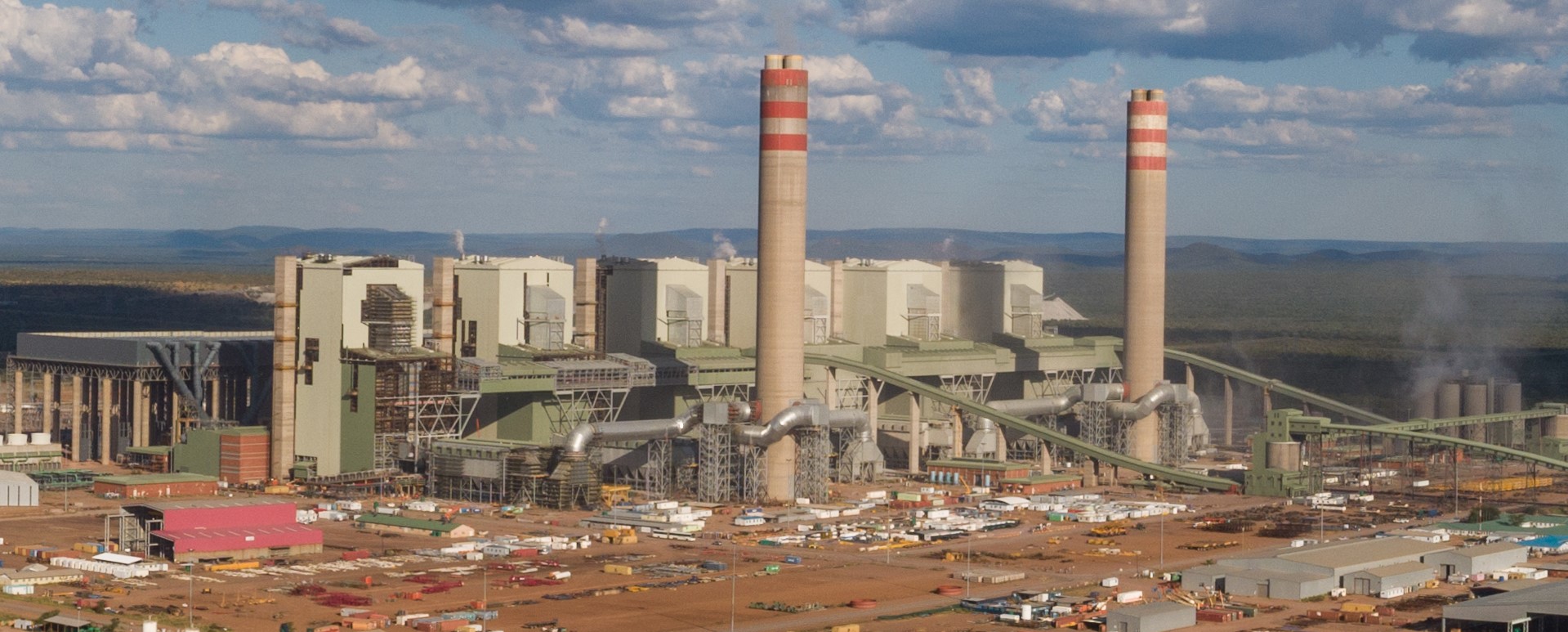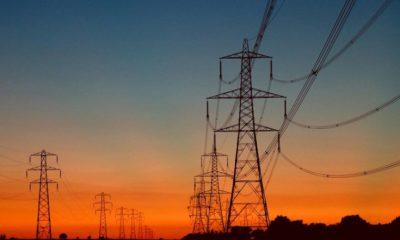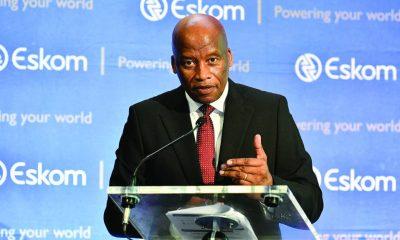Business
South Africa Gives Eskom Six Months to Address Medupi Power Station Emissions

South Africa’s Environmental Minister, Dion George, has issued a six-month deadline for Eskom to present a new cost-benefit analysis on emission controls at Medupi Power Station. This move highlights the government’s increasing focus on environmental compliance while ensuring the nation’s power grid remains stable.
Stricter Emission Controls on the Horizon
On Monday, George confirmed that Eskom must reassess its approach to flue gas emissions at Medupi, one of the country’s largest and most polluting coal-fired power stations. The minister emphasized that while Eskom has cited cost concerns, the government expects a comprehensive and properly conducted financial review.
“Medupi is a heavy emitter of toxic chemicals. I understand Eskom’s concerns about the cost, but I want a thorough and transparent cost-benefit analysis in six months,” said George.
Despite pressure from Eskom for extended compliance timelines, the government has only granted a five-year period for adjustments. George justified this decision by referencing Eskom’s precarious financial situation and the urgent need for cleaner energy production.
The Balance Between Energy and Environmental Responsibility
Eskom’s exemption application sought relaxed limits on emissions of Sulphur Dioxide (SO₂), Nitrous Oxide (N₂O), and Particulate Matter (PM), also known as ash. The government, however, insists that Eskom must take more responsibility for pollution without compromising energy security.
“Eskom’s debt is enormous, but that doesn’t mean we can ignore environmental regulations. The energy landscape has changed, and Eskom must change with it,” George stated.
While Eskom has secured an extension for eight coal-fired power stations—including Medupi, Majuba, Matimba, and Kendal—the power utility must now work within a stricter regulatory framework.
What This Means for South Africa’s Energy Sector
Eskom has faced criticism for its slow progress in integrating Independent Power Producers (IPPs) and investing in energy transmission upgrades. The minister warned that the current monopoly system is unsustainable and that alternative solutions must be implemented.
“There is no point in having a monopoly that fails to deliver power. We need a different approach,” George stressed.
Carbon Tax and Global Climate Commitments
South Africa is also in discussions regarding the Carbon Border Adjustment Mechanism (CBAM) with the European Union. The government aims to ensure that carbon tax policies do not result in a disproportionate financial burden on developing nations like South Africa.
Eskom, meanwhile, has acknowledged the government’s decision and confirmed that it will review the new requirements and provide updates in due course.
Looking Ahead
The next six months will be crucial for Eskom as it re-evaluates the financial feasibility of meeting stricter emissions standards at Medupi. With mounting pressure to both supply electricity reliably and reduce environmental harm, South Africa’s energy sector is at a crossroads.
Will Eskom rise to the challenge, or will environmental concerns continue to clash with energy demands? Only time will tell.
{Source IOL}
Follow Joburg ETC on Facebook, Twitter , TikTok and Instagram
For more News in Johannesburg, visit joburgetc.com


























